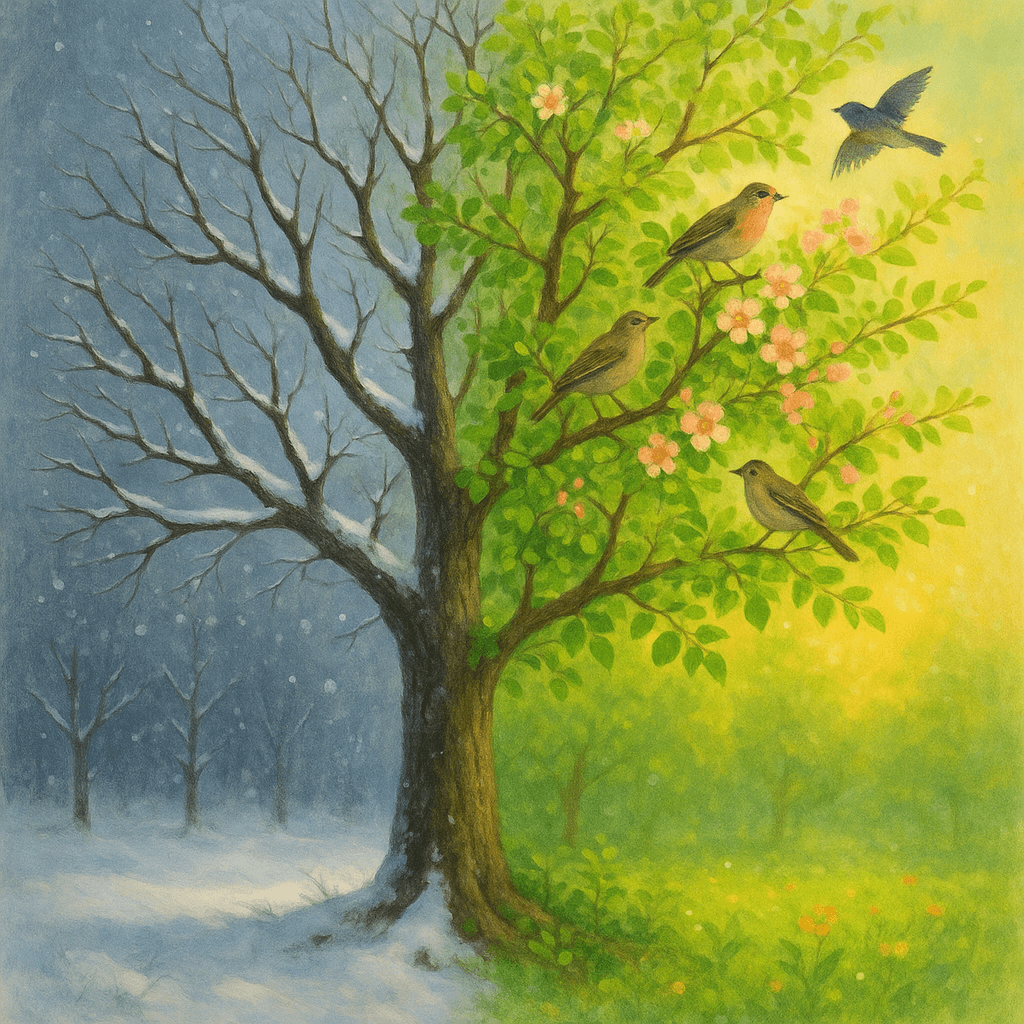The Power of Imagination Over Mere Knowledge

To imagine is everything, to know is nothing at all. — Anatole France
—What lingers after this line?
One-minute reflection
What does this quote ask you to notice today?
Imagination as the Well of Creativity
Anatole France’s statement elevates imagination above knowledge, positioning it as the birthplace of creative thought. Unlike rote knowing, imagination opens gateways to possibilities that knowledge alone cannot access. History is rich with inventors and visionaries—from Leonardo da Vinci’s fantastical sketches of flying machines to the science fiction realms of Jules Verne—whose ideas preceded actual discoveries. These examples illustrate how imagining what could be lays the foundation for progress.
Limitations of Knowledge Without Vision
Transitioning from the creative heights of imagination, France points out the inherent limitations of knowledge when it lacks an imaginative spark. Mere facts, accumulated and memorized, do not drive innovation. For instance, the static knowledge of 18th-century physics was upended by Einstein’s imaginative thought experiments, which redefined our understanding of space and time. This leap was impossible without envisioning realities beyond established facts.
Imagination Fuels Scientific Discovery
Building upon this, the progress of science itself often depends on imaginative leaps. Newton famously conceived gravity after contemplating a falling apple—not because he simply knew it fell, but because he imagined an invisible force acting across space. Such creativity in scientific reasoning is echoed by Nobel laureate Richard Feynman, who believed that ‘the imagination of nature is far, far greater than the imagination of man.’ Science, therefore, thrives on questioning and hypothesizing beyond current knowledge.
Imagination and Human Experience
Beyond science, imagination also shapes the human experience. Storytelling, art, and poetry offer testaments to our creative spirit, allowing us to empathize with others and envision different worlds. Literature such as Plato’s *Allegory of the Cave* invites readers to imagine realities beyond direct experience. In this way, imagination expands both personal horizons and collective understanding, whereas knowledge remains static unless enlivened by perspective and wonder.
Balancing Knowing With Dreaming
Ultimately, while knowledge is essential, Anatole France reminds us that it is imagination that propels society forward. Relying solely on what is already known can breed complacency; in contrast, a culture of imaginative thinking encourages curiosity and transformation. As Einstein himself echoed, ‘Imagination is more important than knowledge. For knowledge is limited, but imagination encircles the world.’ Thus, the synergy of knowing and imagining becomes the true engine of advancement.